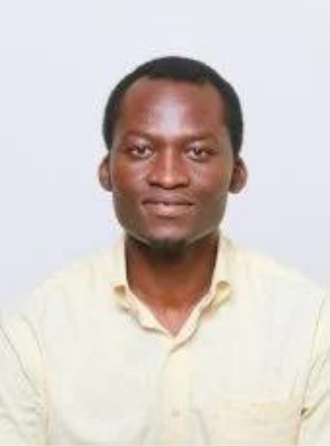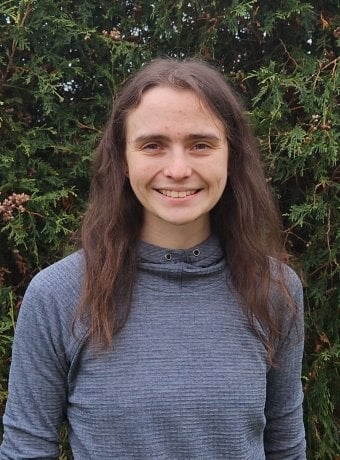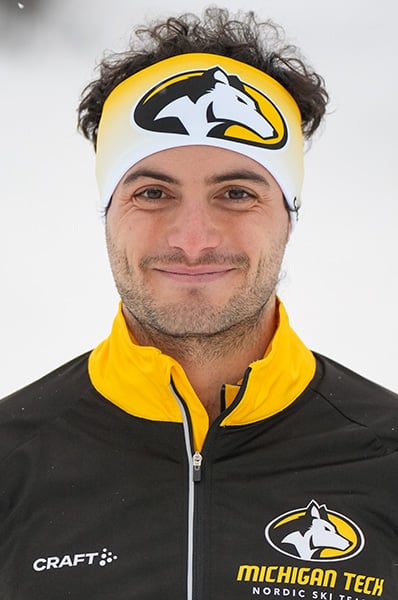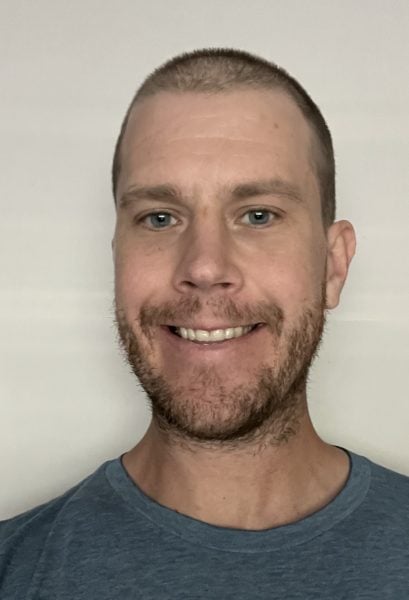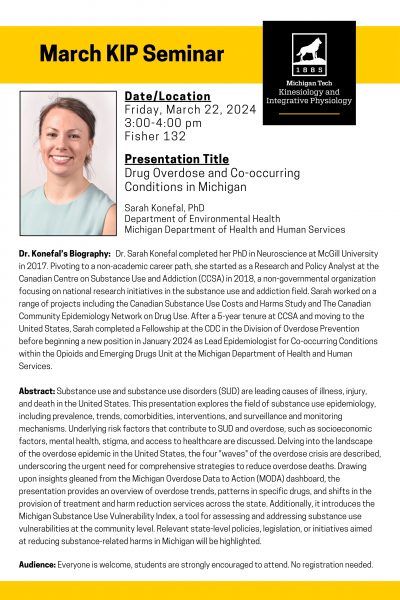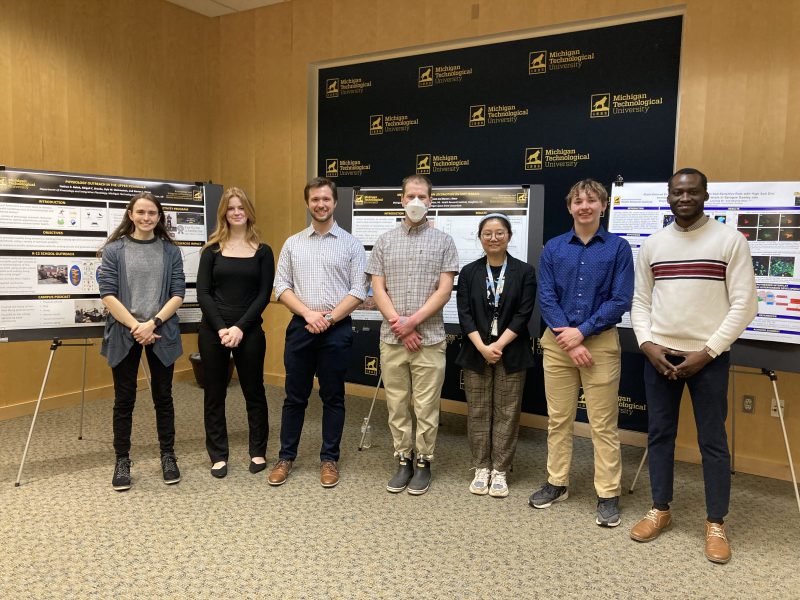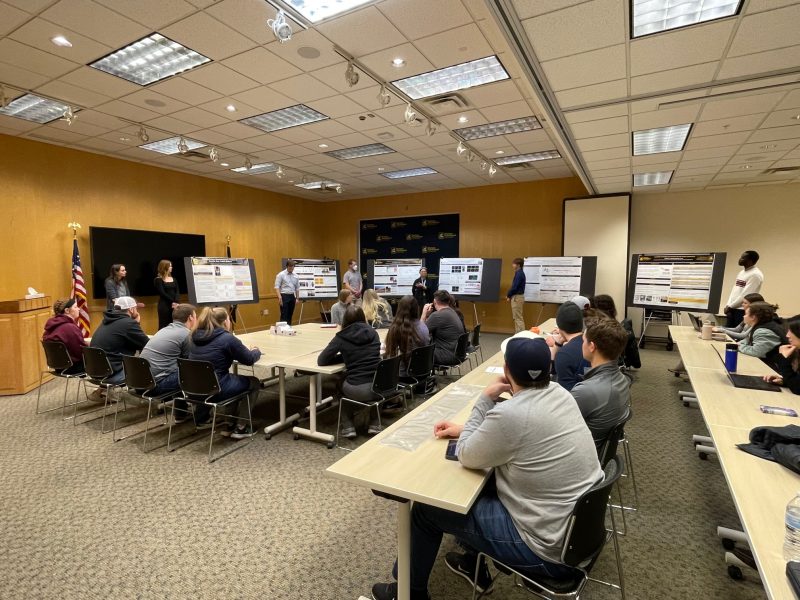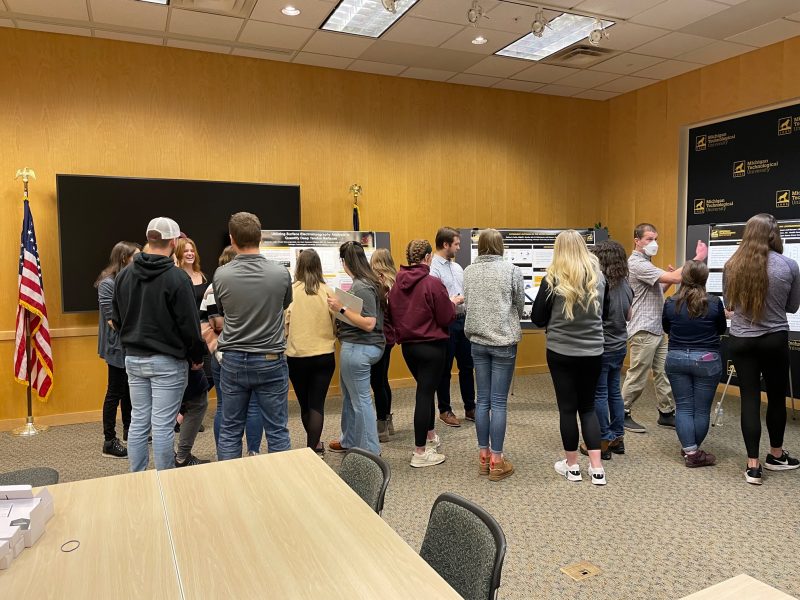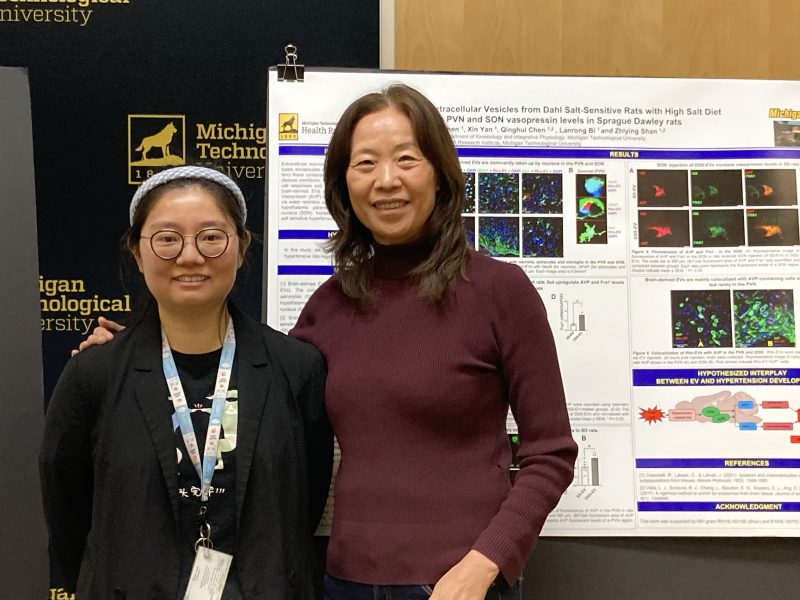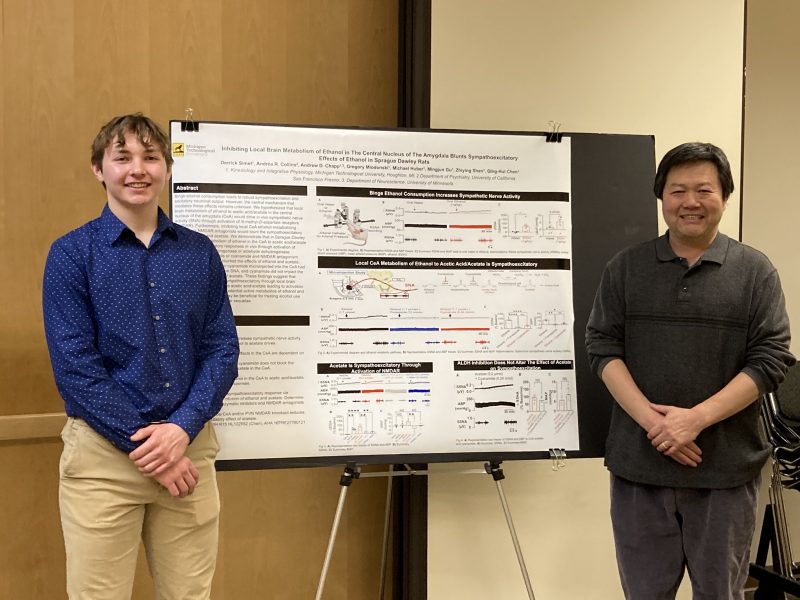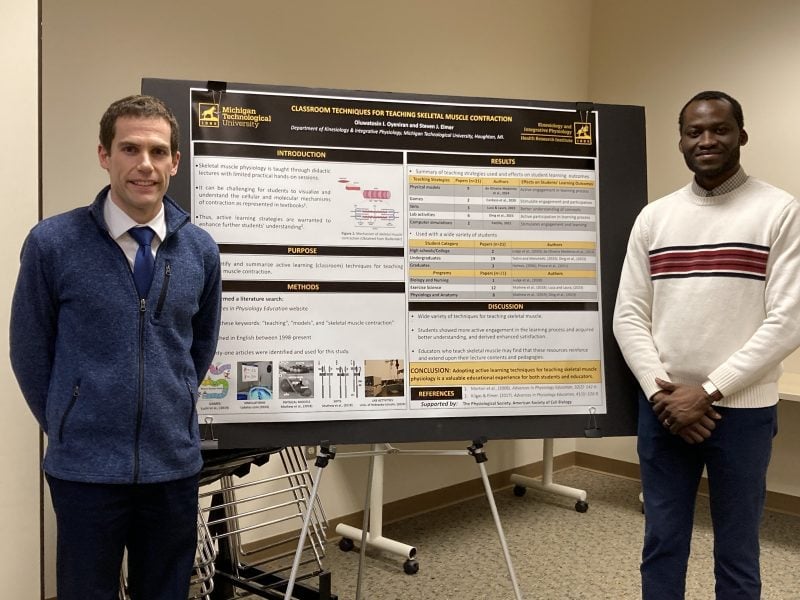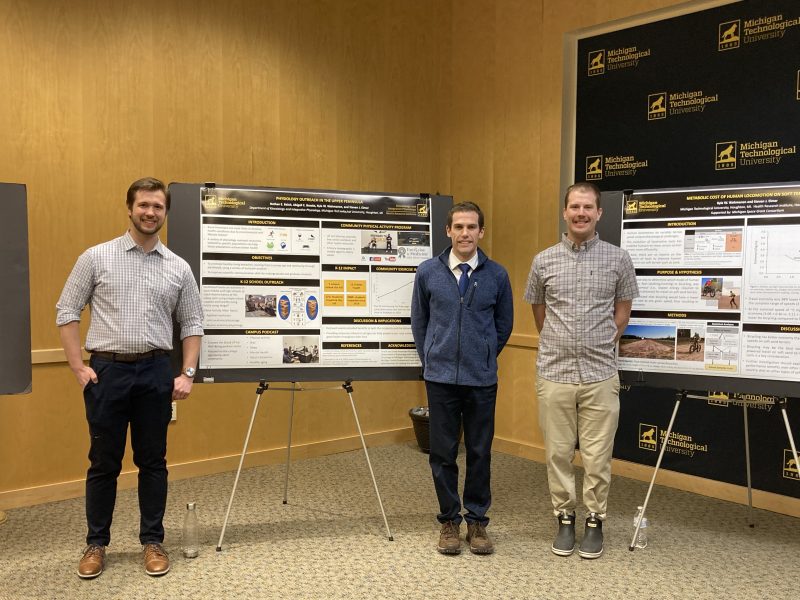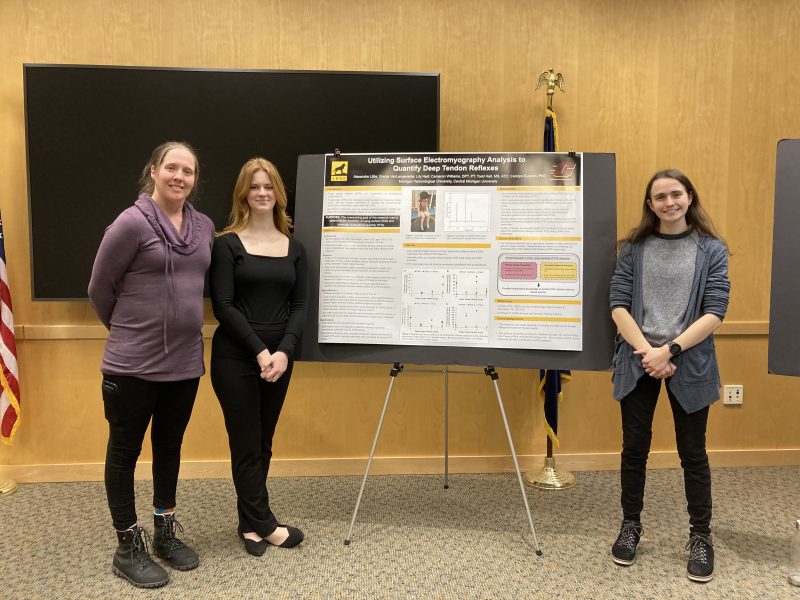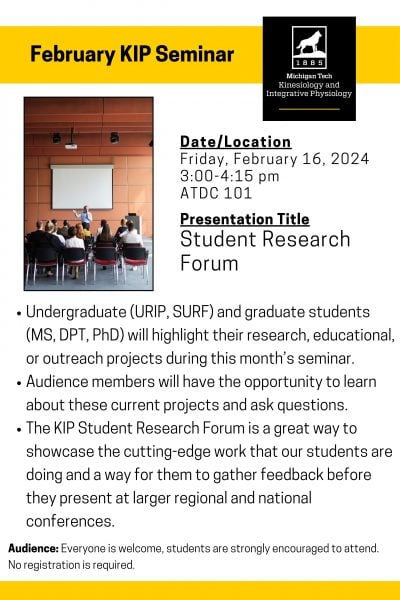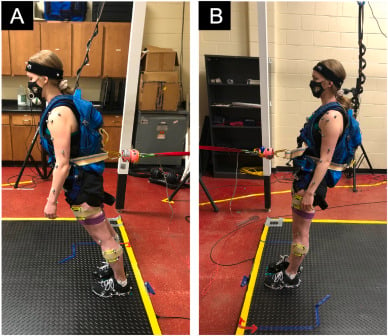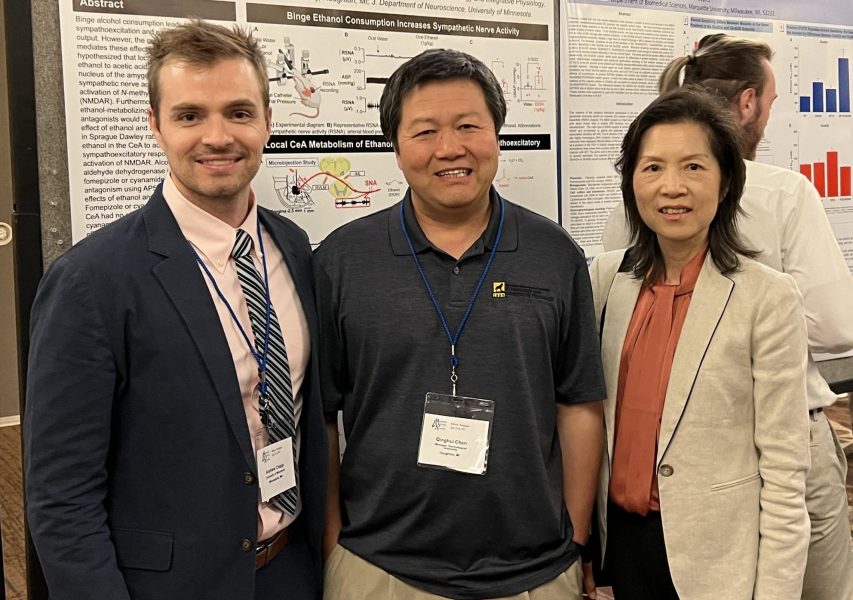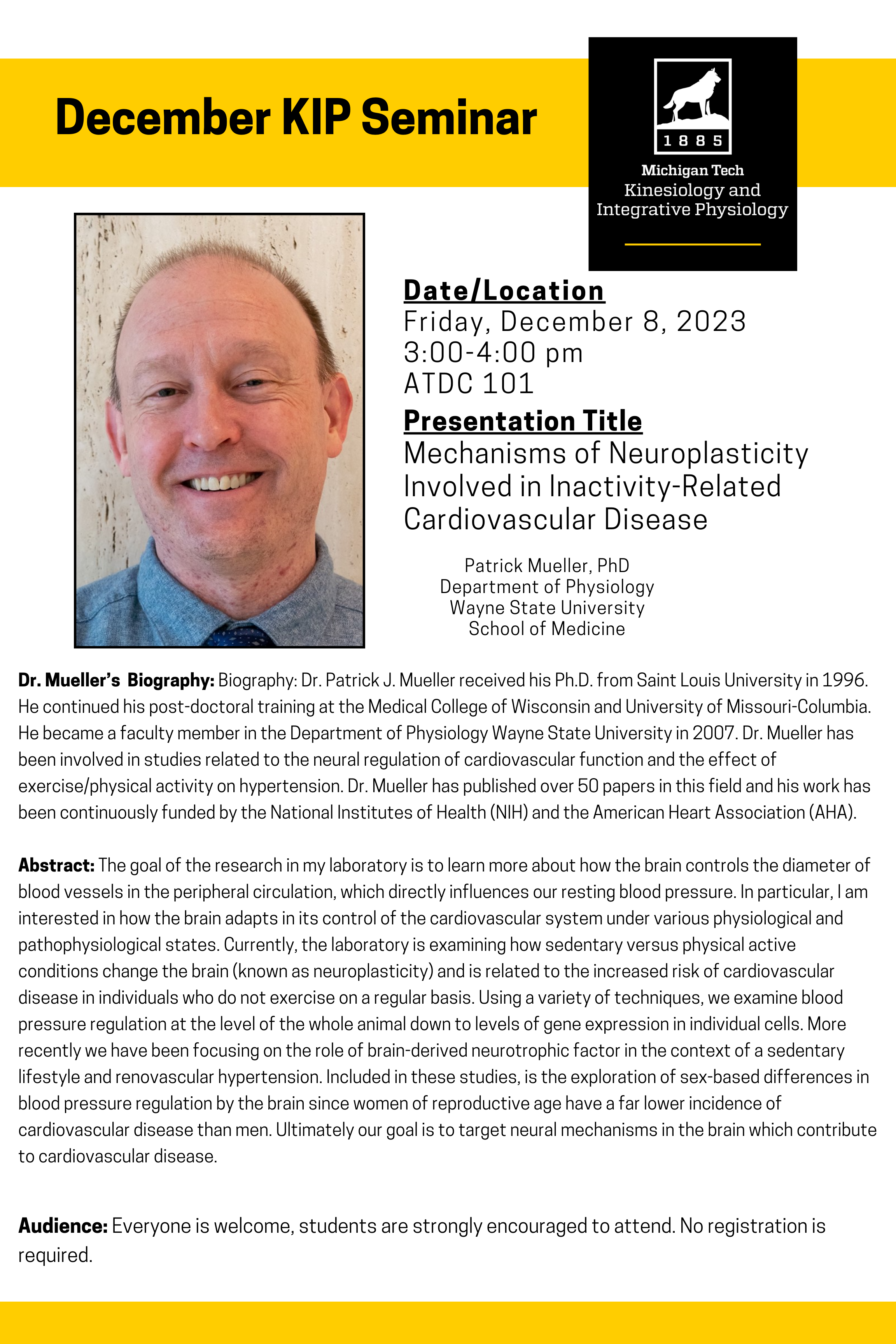Recently, doctoral student Kyle Wehmanen and Dr. Steven Elmer attended the American College of Sports Medicine (ACSM) annual conference in Boston. This year’s conference was particularly special as it marked the 70th birthday of the ACSM, a milestone celebrating seven decades of pioneering research and advancements in sports medicine and exercise science.
One of the highlights of the trip was when Kyle presented his research, titled “Metabolic Cost of Human Locomotion on Soft Terrain.” This project explores the energy expenditure associated with walking and bicycling on soft surfaces, such as sand. Speaking on the experience, Kyle stated, “Presenting my findings to such a knowledgeable and inquisitive audience was both energizing and exhilarating. The feedback I received was invaluable, sparking new ideas and directions for future research.”
The conference was also a fantastic opportunity to network with future collaborators and mentors and to reconnect with former colleagues. It was wonderful to exchange ideas and discuss ongoing projects with individuals who share a passion for advancing our understanding of sports medicine.
Another significant highlight of the week was the keynote opening lecture delivered by Dr. Barry Franklin, titled “Physical Activity and Cardiorespiratory Fitness as Modulators of Health Outcomes: A Compelling Case Presented to the Medical Community.” Dr. Franklin’s presentation was both enlightening and inspiring, underscoring the profound impact of physical activity on health and longevity. His compelling arguments and extensive research resonated with the audience, reinforcing the importance of our work in this field. A link to Dr. Franklin’s review article published in the Mayo Clinic Proceedings, which includes Dr. Elmer as a co-author, can be found here.
Outside of the conference, Kyle also took the opportunity to experience some of Boston’s local culture. One of the more memorable moments was attending a Red Sox game at historic Fenway Park. The energy in the stadium was infectious, and it was a fantastic way to unwind and enjoy a classic American pastime.

In summary, attending the ACSM annual conference was a chance for KIP members to share research and learn from the best in the field. The keynote speeches and panel discussions covered a wide range of topics, from the latest advancements in exercise physiology to innovative approaches in injury prevention. Each session gave new insights and a deeper appreciation for the complexity and scope of sports medicine. Overall, the trip to Boston was an enriching experience and it reinforced importance in contributing to the field and provided new tools and connections to do so.

